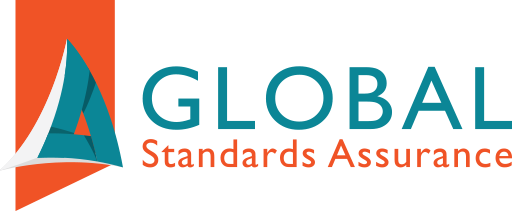The International Organization for Standardization (ISO) has been a key player in promoting quality management and standardization across various industries for decades. ISO certification is widely recognized as a symbol of quality and consistency, and has become an important part of many organizations’ operations. However, as the world continues to evolve and new technologies and trends emerge, the future of ISO certification is likely to look very different from what we see today. In this blog, we’ll explore some of the emerging trends and developments in the world of ISO certification that organizations should be aware of.
Digitalisation
Digitalization has become a major trend across industries, and the world of ISO certification is no exception. ISO is increasingly embracing digital tools and technologies to improve the certification process and make it more efficient and streamlined. For example, ISO has developed an online database of certified organizations, which allows anyone to search for ISO-certified organizations by name, location, or certification standard. Additionally, ISO is working on developing a digital platform for conducting audits, which would allow auditors to conduct inspections remotely, reducing the need for travel and in-person inspections. As digitalization continues to advance, we can expect to see even more innovation in the world of ISO certification.
New Standards
ISO is always working on developing new standards to keep up with changing industry needs and consumer expectations. One example is the recently released ISO 45003, which provides guidelines for managing psychological health and safety in the workplace. This standard is becoming increasingly important as employers recognize the impact that mental health has on employee well-being and productivity. Other new standards that are in development include ISO 22000, which focuses on food safety management, and ISO 37301, which provides guidance on compliance management. These new standards will continue to shape the future of ISO certification, providing organizations with new tools and frameworks to improve their operations.
Changes in Consumer Expectations
As consumers become more informed and conscious about the impact of their purchasing decisions, they are increasingly looking for products and services that align with their values. This has led to an increase in demand for eco-friendly, socially responsible, and ethical products and services. ISO certification can play an important role in helping organizations meet these expectations. For example, organizations that are certified to ISO 14001 (environmental management) or ISO 26000 (social responsibility) can demonstrate their commitment to sustainability and social responsibility, and can use this certification as a marketing tool to appeal to environmentally conscious consumers. As consumer expectations continue to evolve, we can expect to see an increasing demand for ISO certification in areas such as sustainability and ethical business practices.
The future of ISO certification is likely to be shaped by a range of emerging trends and developments. Digitalization, the development of new standards, and changes in consumer expectations are all likely to play a role in shaping the future of ISO certification. As organizations look to the future, they will need to stay abreast of these trends and adapt their operations to meet changing demands. By doing so, they can ensure that they remain competitive and continue to meet the high standards set out by ISO.
I AM INTERESTED IN ISO CERTIFICATIONS AND TRAININGS:
If you are interested in obtaining ISO certification for your organisation, or train your staff, we invite you to schedule a complimentary consultation with one of our knowledgeable representatives at Global Standards Assurance. To request your free consultation, please contact us, and we will provide guidance on the most suitable ISO standard and training for your organisation. Let us assist you in embarking on your path towards ISO certification.”

